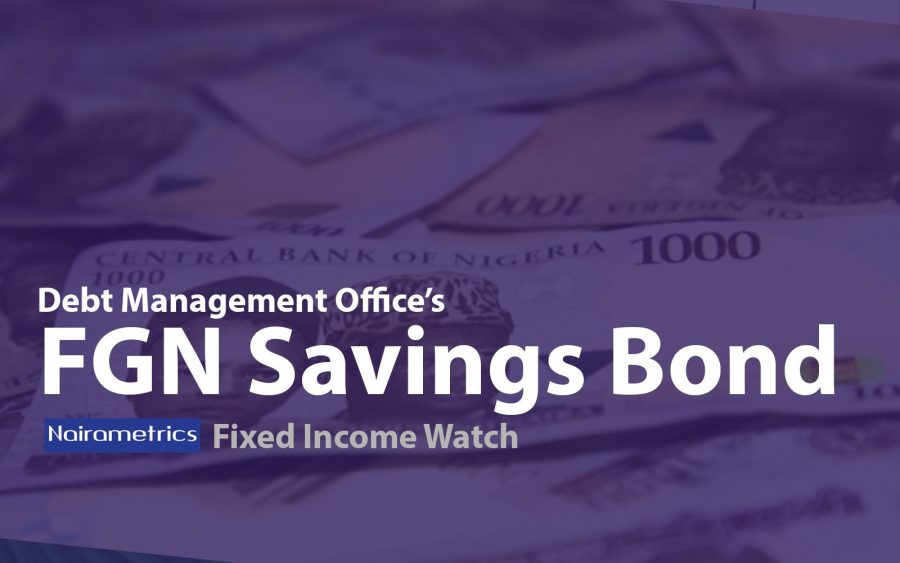A bond is a fixed income debt instrument issued by the government (federal or state government) or corporate institutions with a definite date of maturity and a fixed interest payment (known as coupon) payable either semi-annually or annually.
The government usually issue bonds at the primary market to raise domestic funds to meet its fiscal responsibilities. This can be done from time to time as the need arises. Nigerian FGN bond instruments are named by their maturity, coupon, tenor etc. such as 14.5% JUL 2021 instrument.
I would attempt to outline the characteristics and the key differences between the FGN and Sukuk Bond.
Definition
Sukuk is derived from the word Sakk, which can be translated to mean legal instrument, deed, and cheque. Sakk can also mean to strike a deal on a paper document.
The IFSB, in its Capital Adequacy Standard (IFSB), defined Sukuk as “Certificates that represent the holder’s proportionate ownership in an undivided part of an underlying asset where the holder assumes all rights and obligations to such asset.
Origin of Sukuk
The origin of Sukuk dates back to 7th century AD, where the first Sukuk transaction took place in Damascus, Syria in the Great Mosque of Damascus (Umayyad Mosque). Due to the fact that Islam prohibits usury – collecting interest from your loans – interest based bonds are banned in Muslim nations. Instead, governments and corporations looking to raise capital will issue Sukuk notes which will pay a fixed percentage return as a profit sharing percentage of the underlying assets’ revenues.
Differences between Sukuk and FGN Bond
Sukuk indicates ownership of an asset, while FGN bonds indicate a debt obligation.
The assets that back Sukuk are compliant with Shariah, i.e. the avoidance of Islamic prohibitions on gambling, alcohol, tobacco, narcotics, and adult entertainment products and services.
The assets backing FGN Bonds may include products or services that are against Islam.
FGN Bonds pay a fixed rate of return as interest (coupon) semi-annually or annually.
Sukuk pays a fixed rate of return as a profit-sharing percentage of the underlying assets revenues, or as rental payments for renting those assets back to the issuer.
In terms of pricing, Sukuk bonds are market driven and depend on the fluctuation of the Market value of the underlying assets. If a Sukuk issues defaults, Sukuk holders will possess the asset and they can sell it to other buyers or keep it as an asset.
The aim of trading in FGN Bonds is to make capital gains as fixed-interest bond prices rise when variable market interest rates fall. Trading in FGN Bonds is therefore largely about exploiting interest rate developments and trading in paper that is usually unrelated to the value of any underlying asset.
The same of a Sukuk bond means selling ownership in the assets backing them.
The sale of FGN Bonds is the Sale of debt.
Sukuk can increase in value when the assets increase in value.
Profits from FGN Bonds correspond to fixed interest making them Riba (unjustified increment in borrowing).
The major function of Sukuk bond is to provide an alternative to conventional bonds but in a shariah compliant manner.
The global Sukuk market is a fast rising one. As of early 2017, there were $328 billion worth of Sukuk outstanding worldwide. Countries that have issued Sukuk include Malaysia, Singapore, UAE, Bahrain, Qatar, United Kingdom etc.
The popularity is also growing on the African continent as an alternative funding source. South Africa, Kenya, Ivory Coast , Togo, Sudan and Niger have all issued Sukuk.
In Nigeria, the Federal Government recently issued a 7 year N100bn Sukuk bond targeting retail and institutional investors. Osun State, had in 2013 also issued N10 billion worth of Sukuk.



















